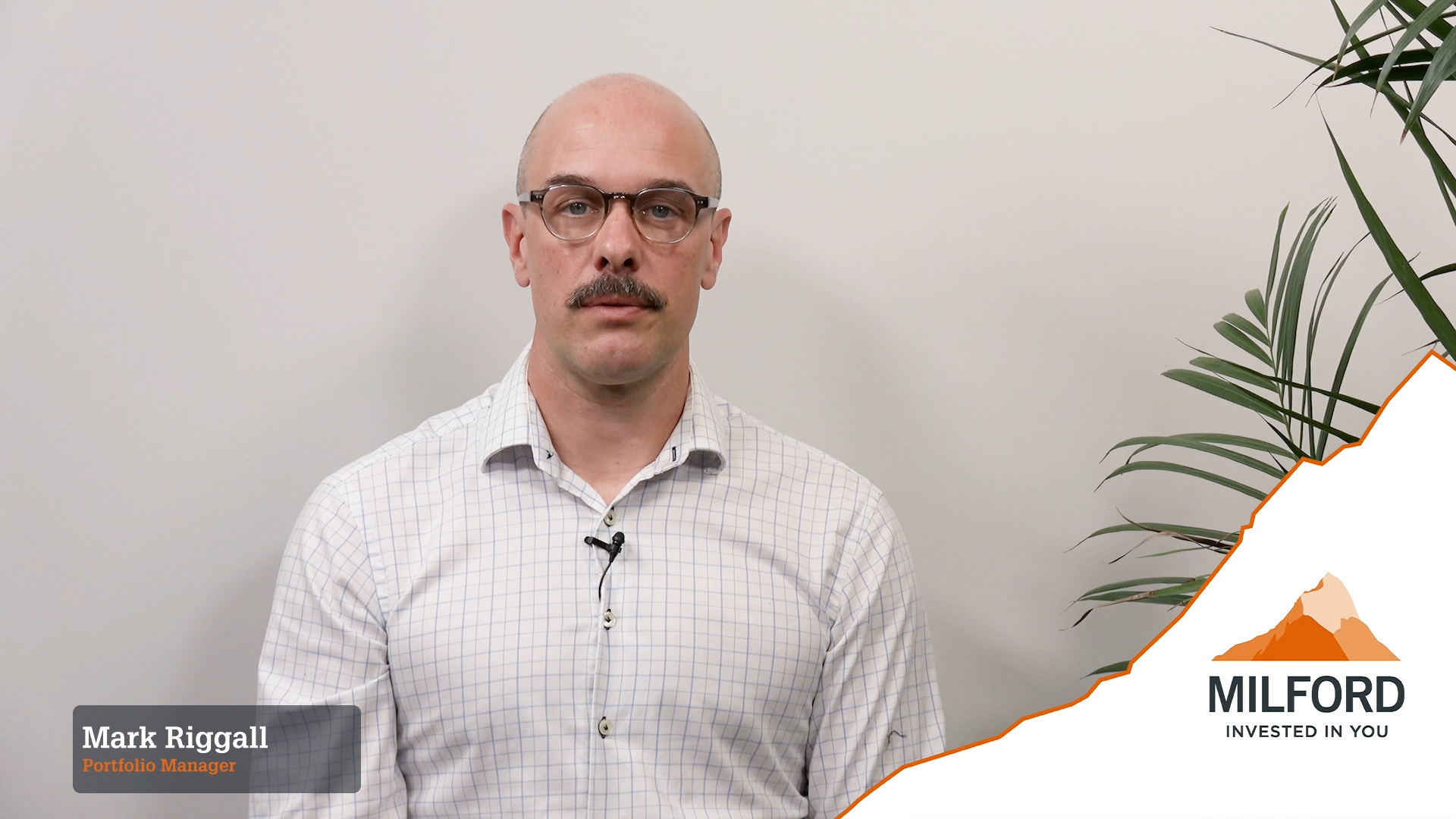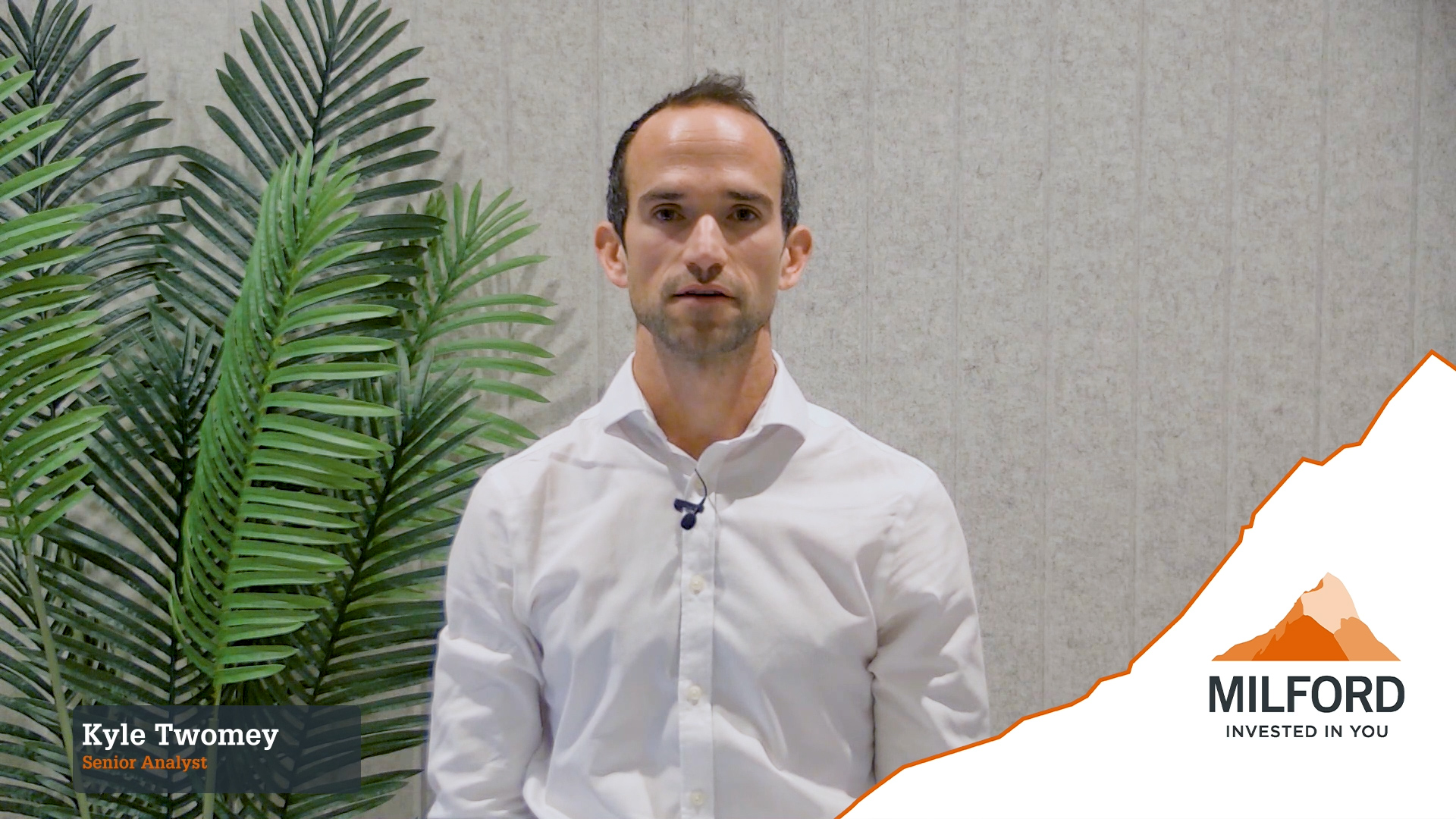There are some enduring reasons people take financial advice. The most obvious is that they don’t see themselves as experts so need one to work for them. Managing your investments well and making the right financial decisions takes skill and effort. Another obvious reason is people want to enjoy their wealth rather than get bogged down with the time and effort of having to track goals, follow markets and then try and compete with the experts.
Aside from those obvious reasons, there are several to do with the time being right to take advice. Here are some common examples.
- Too important for DIY. When someone’s asset base grows and gets a bit more complex and valuable, this is a key time when people take advice. Many who have had the confidence to manage smaller sums want someone to help protect and grow their accumulating level of wealth and that’s where an adviser steps in. It’s time to take it seriously and get it done professionally.
- A life-change. A change in the pace of life may mean that now’s the time to get someone working on your financial goals for you – you’ve done your bit and now’s the time for someone else to help you.
- A change in circumstances. More often than not, this fits into a broad category of having to take responsibility for a chunk of money for the first time. An example of this is a property or business sale, or an inheritance, but also it could be a different type of settlement such as a divorce, especially where that party hasn’t typically managed the financial investments up to that point.
There are some other great examples of sound planning which means the time is right to take advice and they are all to do with caring for loved ones.
Providing peace of mind.
One example we observe is with couples who think ahead. They like to ensure that there is a trusted financial adviser in place to help with financial decisions if one passes away. Sorry men, but the statistics tell us that life expectancy for a man is less than for a woman. Reflecting this statistic, couples, often, where the man has made most of the financial decisions to date, come to see us to ensure there is a trusted adviser in place for when needed. The adviser has time to get to know the family and that preparation helps ease the burden of financial decisions at a time of mourning and beyond. We’ve all met life partners who have never had to make the financial decisions and find it really hard to do so. The financial adviser becomes a trusted party and is well prepared to help when its needed most. It’s never too late to start to put this in place.
Looking after parents and intergenerational wealth.
Another example we see is where the next generation steps up to help look after their parents’ affairs. Whether caused by a move to a retirement village or required because of care requirements such as in cases of dementia, families turn to a financial adviser to help manage their parents’ investments. Often, they ensure that the relationship with the financial adviser is discretionary so that all siblings can see that decisions are made independently and in the interests of all, whether that means income for mum and dad or growing the capital for the next generation, as agreed at the outset.
There again, some parents begin to involve the next generation at an early stage to get them used to dealing with financial decision making which gives the older generation confidence that the family’s money will be well looked after.
Whatever time is right for you we at Milford offer help and guidance through our team of Financial Advisers based in our offices across New Zealand and backed by our award-winning service and funds. Our team can model different scenarios with you when figuring out how to achieve your financial goals and look at how managing for yourselves and/or next generation might look. Contact one of our advisers to find out how we might help you when your time is right on 0800 662 347. Our Private Wealth Advisory Service is for clients with more than $500,000 to invest. Digital Advice is also available, please see our website.


